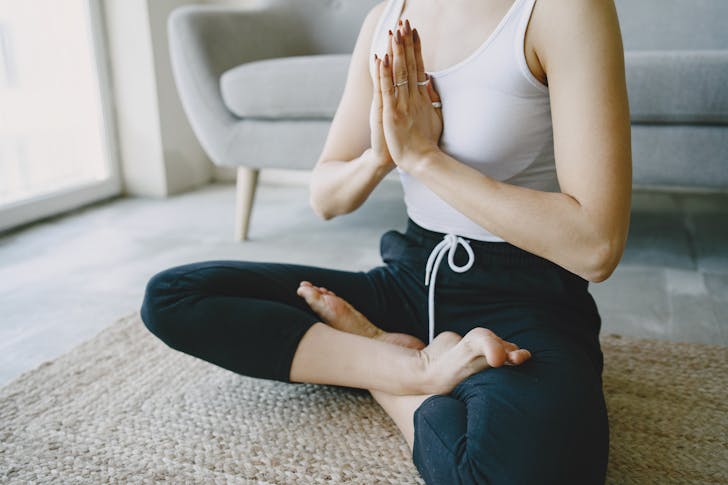Yoga and mental health are deeply connected, offering profound benefits for emotional balance, stress reduction, and overall well-being. For those seeking effective strategies to manage mental health challenges, yoga provides a structured approach to mindfulness and self-care. This ancient practice promotes relaxation, builds resilience, and fosters a deep connection to the present moment, helping individuals navigate the complexities of modern life with greater ease.
The Intersection of Yoga and Mental Health
Yoga is a therapeutic tool for addressing mental health challenges, offering techniques that integrate breath, movement, and mindfulness. Regular yoga practice has been shown to alleviate anxiety and depression while enhancing mood and emotional stability. Beyond clinical benefits, yoga cultivates a sense of calm and clarity, which can be transformative even for those without a formal diagnosis.
Mindful breathing and deliberate movement help regulate the nervous system, reducing the physiological effects of stress. This makes yoga an accessible way to manage emotional turbulence, whether dealing with grief, heartbreak, or daily stressors.
Mindfulness: The Foundation of Yoga Practice
Mindfulness is central to yoga, encouraging individuals to observe thoughts, sensations, and emotions without judgment. A mindful approach to yoga deepens self-awareness, creating space to explore the nuances of emotional and physical states. During a yoga session, practitioners are guided to notice the sensations of each posture and the rhythm of their breath. This heightened awareness promotes emotional resilience and a stronger mind-body connection.
For example, holding a challenging pose with mindful curiosity can mirror the process of tolerating emotional discomfort. As practitioners learn to navigate physical discomfort, they simultaneously build the capacity to face emotional challenges without avoidance or suppression.
Yoga’s Role in Healing Trauma
Trauma often manifests as unresolved physical and emotional tension, which yoga can gently address. Trauma-informed yoga focuses on reconnecting with the body in a safe and supportive environment. By tuning into bodily sensations, individuals can process unresolved emotions stored in the nervous system. This process helps release tension and rebuild a sense of safety within the body.
Yoga also restores a sense of agency, empowering individuals to move through trauma with greater self-compassion. The emphasis on personal choice and nonjudgmental awareness allows for a healing process that feels manageable and empowering.
Exploring Different Types of Yoga for Mental Health
The diverse styles of yoga cater to various mental health needs. Gentle practices like Yin or Restorative yoga are ideal for calming an overactive nervous system. These styles focus on long-held postures that encourage relaxation and emotional release. On the other hand, dynamic practices like Vinyasa or Power yoga channel energy constructively, making them effective for managing anxiety or anger.
Kundalini yoga incorporates repetitive movements and breathwork, offering a unique method for processing emotions. This rhythmic approach can help shift emotional states and create a deeper sense of inner balance.
Harnessing Breath for Emotional Balance
Breathwork is a cornerstone of yoga, providing an immediate pathway to calm the mind. Conscious breathing techniques, such as square breathing, regulate the autonomic nervous system, reducing stress responses. By practicing intentional breathing, individuals can shift their physiological state, promoting relaxation and clarity.
For instance, square breath involves inhaling for four counts, holding for four counts, exhaling for four counts, and pausing for four counts. This simple practice steadies the mind, making it an accessible tool for real-time anxiety management.
Yoga’s Impact on Creativity and Emotional Expression
Yoga supports mental health by unlocking creativity and self-expression. Flowing sequences synchronized with breath facilitate a state of mental focus known as alpha brainwave activity. This state is linked to creative problem-solving and artistic inspiration, offering a reprieve from the overactive thinking often associated with stress.
Engaging in yoga can help individuals tap into their creative potential, whether through movement, art, or writing. By fostering this outlet, yoga provides a constructive way to process emotions and cultivate positivity.






